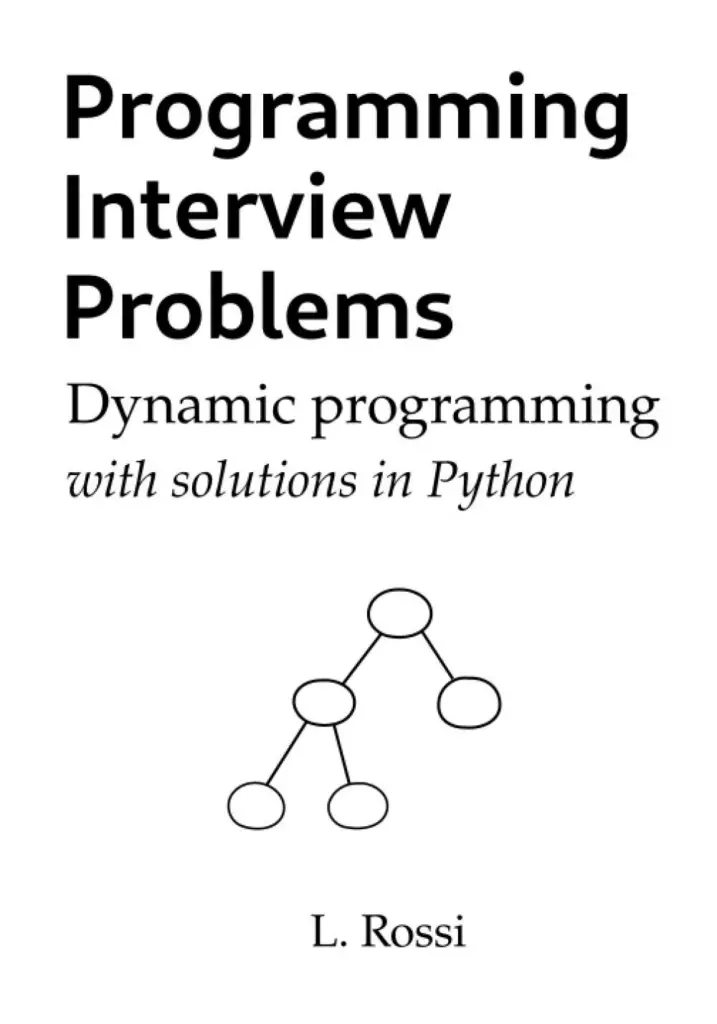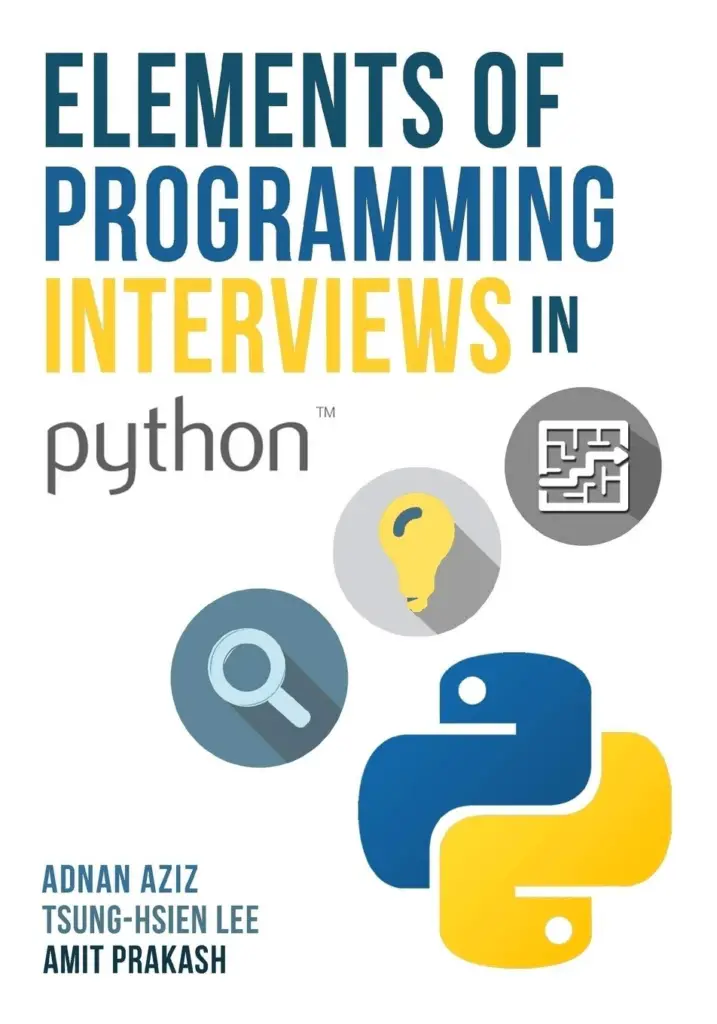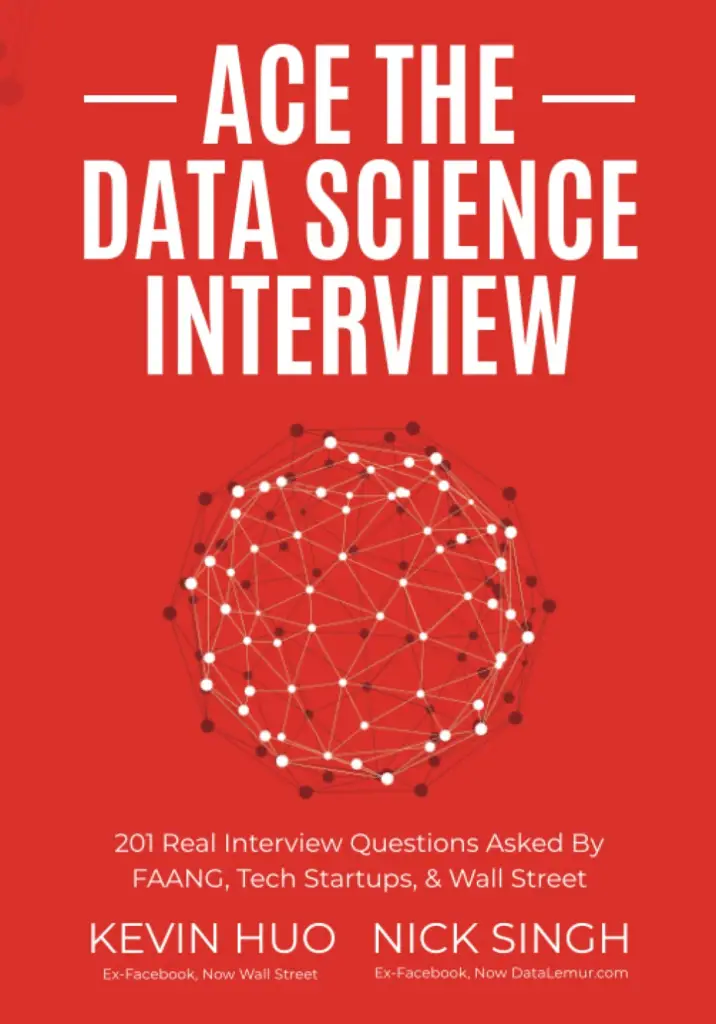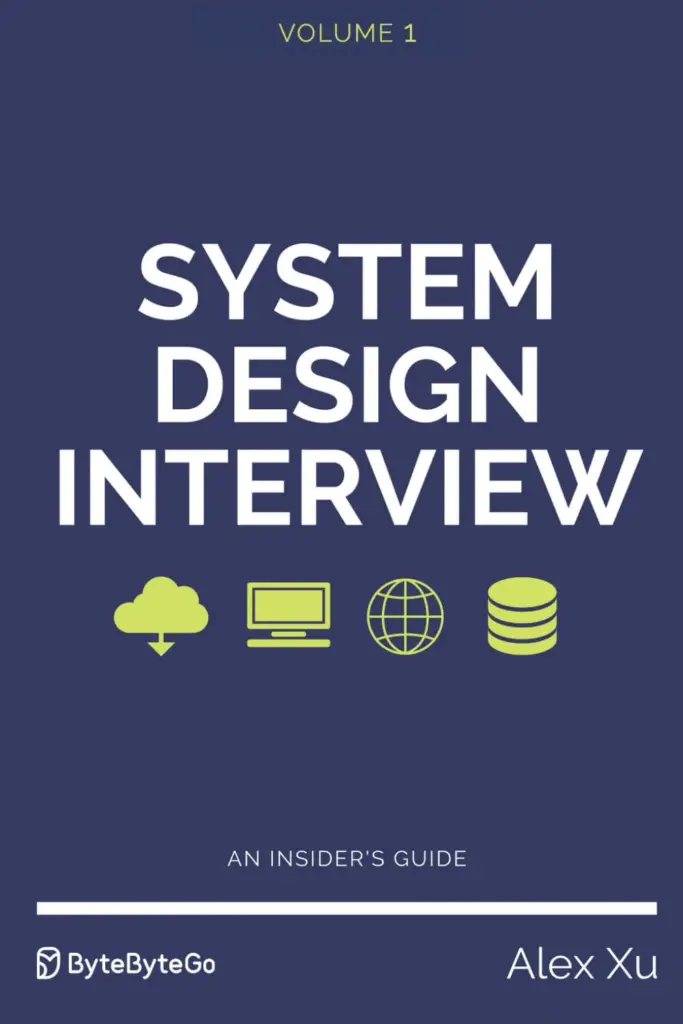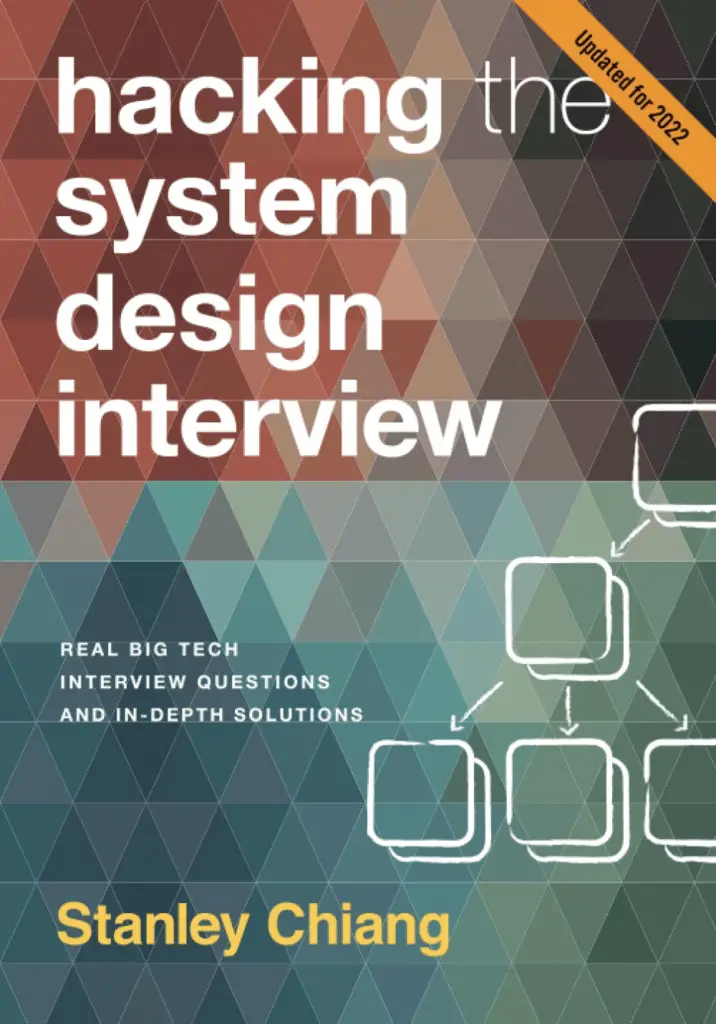Disclosure: Some of the links and banners on this page may be affiliate links, which can provide compensation to CodeFatherTech (https://codefather.tech) at no extra cost to you. CodeFatherTech is a participant in the Amazon Services LLC Associates Program, an affiliate advertising program designed to provide a means for sites to earn fees by linking to Amazon.com and affiliated sites. CodeFatherTech also participates in affiliate programs from DataCamp, Coursera, and other sites. Our affiliate disclaimer is available here.
Competent Python developers are always in high demand. As a software engineer operating in this space, there is no shortage of opportunities. However, to access most of these great chances, you’ll usually have to undergo several interview rounds.
The hiring process can be especially demanding. What’s more, the programming theory interview questions you’ll be faced with will test your problem-solving skills intensively, regardless of hiring level. This is why you need a sure guide to cracking the coding interview for Python developers.
This cool blog post will cover some of the best books on programming interviews you can consult right now. With these resources, you’ll be able to take on most Python coding questions you’d face in a real interview!
1. Programming Interview Problems: Dynamic Programming (with Solutions in Python)
This is undisputedly one of the best learning resources that a software engineer getting ready for interviews with major tech companies can consult. Apart from highlighting and explaining essential topics extensively and exhaustively, it helps squeeze in months of preparation and planning so you can efficiently cover more ground in less time.
What makes this book a must-read is how well it offers that mock interview experience. Programming Interview Problems reduces the level of difficulty of the toughest questions and offers clear and detailed answers to them.
For those who consider programming interview questions difficult, these learning resources will help you find your bearing so you can sound like a pro in real interviews.
While it’s true that you shouldn’t consult just one resource when prepping for interviews, this book does an excellent job of giving you a comprehensive all-around view of what to expect.
Perhaps the biggest perk of this particular resource is its approach to addressing each beginner coding question. Whether you’re a visual or read/write learner, this book is an efficient solution to all your preparation problems as it uses both words and diagrams to explain all relevant aspects of code interviews.
The book offers multiple potential solutions to each problem, helping you diversify your thinking and become more grounded. It will further enhance your basic knowledge by providing you with several helpful Python implementation tips.
Pros
- It offers multiple potential solutions to each question asked.
- It explores different variants of the same problem so you can get a more comprehensive understanding of the solution.
- It’s ideal for all types of learners.
- It makes algorithmic patterns easier to identify.
- It offers plenty of resources to give readers a clear advantage in the candidate review process.
2. Elements of Programming Interviews in Python: The Insider’s Guide
You’re given a software design question and asked to find a solution. A problem that’s supposed to take no more than 20 minutes to solve ends up taking longer than an hour.
Everyone has been there at one point in time or the other.
Real-world computing problems can leave you stumped if you’ve not cultivated the technical skills needed to tackle them appropriately. Interestingly, it’s these types of questions that the average well-known tech company tends to favor. However, you don’t have to panic.
Elements of Programming Interviews in Python takes a unique approach to help you learn how to solve these programming theory interview questions. The technical skills you’ll learn from this guide can be easily translated to phone coding interviews as well.
With more than 250 problems backed with solutions which range from core data structures and server query response time complexity to common patterns in the binary tree and binary strings, common set operations, and AVL tree visualization, you’ll have your next interview in the bag!
EPI uses active learning to help you move from employing a brute-force solution to a more ideal, alternative solution. For readers who like to work with multiple, worked-out answers, this is hands-down one of the best learning resources for you!
Pros
- It’s extensively detailed.
- It effortlessly guides readers till they can find the optimal solution for each coding interview question.
- It provides relevant resources like additional data structures, distinct characters in strings, algorithmic patterns and design principles, and binary search trees to help the learning process along.
- It offers a wealth of tips on how to acquire essential non-technical skills needed to pass interviews with major tech companies.
3. Ace the Data Science Interview
This 301-page book is a true masterpiece. As you probably know, there are few better guides than a person who has already been where you’re headed.
Nick Singh and Kevin Huo are two former Facebook (now Meta) employees who have decades of experience in the industry and know exactly what big tech companies want to see in an interviewee.
Without assuming anything on the part of the reader, Ace the Data Science Interview goes on to unravel several complex binary strings, binary array elements, and algorithmic questions that constantly stump interviewees in Data Science.
From SQL and Product Analytics to Statistics, Probability, and Machine Learning, every essential concept in this aspect of software engineering is extensively explored through well-crafted questions.
More specifically, readers will be exposed to open-ended case study questions – the cause of many failed interviews for software developers.
Beyond helping you develop the skills to sort an original array of 0s and identify algorithmic patterns at a glance, you’ll also be able to pick up several other crucial skills like how to send cold emails, create the ideal project portfolio, and craft a standard resume.
Just as importantly, you’ll also get critical insight on how to correctly answer behavioral interview questions. All of this ensures that you’re amply prepared for the various interview rounds you’ll encounter during the hiring process.
Pros
- It contains several relevant mock interview questions.
- It highlights all the in-demand topics and concepts in Data Science currently.
- It offers key insight into how to solve complex open-ended questions.
- It provides useful tips on how to execute activities like sending cold emails and preparing an acceptable resume.
- It offers the first step towards preparing for behavioral interviews.
4. System Design Interview – An Insider’s Guide
You need considerable skill, depth, and experience to be proficient at system design. What’s more, even with this, developing the perfect solution is still not possible. This is one reason why system design interviews are one of the most dreaded in the industry.
It’s also why your Data Science library might be incomplete if it doesn’t feature a copy of the System Design Interview – An Insider’s Guide.
These learning resources are unique because, rather than just prattle on about what every software designer taking this type of interview should know, they focus exclusively on identifying the specific skills that interviewers want to see.
This effectively removes the need for interviewees to run around blind and helps them optimally narrow their focus. The 16 chapters of the book expose you to several system design interview challenges and follow this up with well-detailed and defined answers.
It complements this by displaying nearly 200 different diagrams that readers can use to better process and digest the information they’re consuming.
True, there’s no easy way to master system design. But, in our opinion, this material is as close as it gets!
Pros
- It contains several useful interview questions.
- All answers are accurate, well-detailed, and fleshed out.
- It explores many little-known but highly relevant aspects of system design.
- It’s concisely written.
- It offers a wealth of diagrams to foster more accessible learning.
5. Hacking the System Design Interview
Whether you have a 12-week preparation roadmap or you’re preparing for an interview in the next three weeks, this book covers you in a way that few other learning resources can.
From unique ID generator and load balancer to CDN and fan-out service, each concept is laid bare in a manner that even beginners won’t struggle with. Topics like high cohesion, loose coupling, and various other patterns in service design are explored critically.
Individuals who don’t yet have a firm grasp of CAP theorem, networking protocols, integration, and other distributed system principles will also find these learning resources to be a veritable goldmine of valuable information.
Beyond this, readers are introduced to the most efficient ways to tackle system design problems in real interviews. For those serious about impressing their next interviewers, this book is a must-read!
Pros
- It covers the key components of the building blocks of systems in detail.
- It contains several useful definitions of terms and concepts in Data Science.
- It can help beginners demonstrate experience.
- It contains much of the latest and most relevant information in the tech industry.
- It simulates real-world interview scenarios perfectly.
Why Get Books for Cracking the Coding Interview in Python?
According to Indeed, the annual salary of a Python developer in the U.S. is $117,109. But before you can get anywhere near this average salary, you have to first demonstrate a certain level of competence. This can be quite challenging to manage on your own.
Learning resources like active blogs and the books we’ve highlighted above help hone your technical and communication skills, making you an ideal fit for any Data Science position you’ll vie for.
The best books for cracking the coding interview in Python are:
Highly Engaging
While Python is considered the simplest programming language by many, it can still get quite tedious if it’s not presented properly. As such, the best books for preparing for an interview in Python have to be both conversational and engaging. That way, readers will be able to pick relevant information naturally.
Easy to Skim
Yes, your preferred learning material should be detailed so you don’t get left with half the required knowledge. But at the same time, you don’t want to have to struggle with wall after wall of text.
Ideally, these books on acing coding interviews should contain brief paragraphs as well as well-sorted lists and diagrams to aid easier comprehension.
Possess Strong Writing
More than a few learning resources tend to contain a lot of words but very little valuable information. As readers may get confused by this text, we recommend always going for books that possess strong writing and get straight to the point.
Has a Specific Scope
No doubt, there are many places where getting material targeted at both beginner and advanced-level programmers is a smart move. But that’s never ideal when you’re preparing for a coding interview in Python.
In this case, you want a book that narrows its focus and addresses your specific preparatory needs.
FAQs
Do books for cracking coding interviews in Python actually work?
Yes, books for cracking coding interviews in Python work. These learning resources carry relevant tech industry information that readers can leverage to further their career goals.
However, it’s important to research these materials carefully before consuming them.
Are there any great shortcuts for acing coding interviews?
No, there are no great shortcuts for acing coding interviews in Python. The most reliable way to ensure that you pass this phase is to make sure that your knowledge is up-to-date and readily presentable.
Are whiteboard coding interviews still common?
Yes, whiteboard coding interviews are still a common practice among many big tech companies today. Many interviewers consider them a great tool for testing the problem-solving skills of applicants.
Bottom Line
So, there you have it! The best programming books for cracking the coding interview in Python.
If you have an interview coming up in a bit, these are great tools you can use to get yourself in the right space for the challenge ahead.
Consistently practicing with these materials will hone your skills and aptitude and ensure you can compete in the job market.

Claudio Sabato is an IT expert with over 15 years of professional experience in Python programming, Linux Systems Administration, Bash programming, and IT Systems Design. He is a professional certified by the Linux Professional Institute.
With a Master’s degree in Computer Science, he has a strong foundation in Software Engineering and a passion for robotics with Raspberry Pi.
